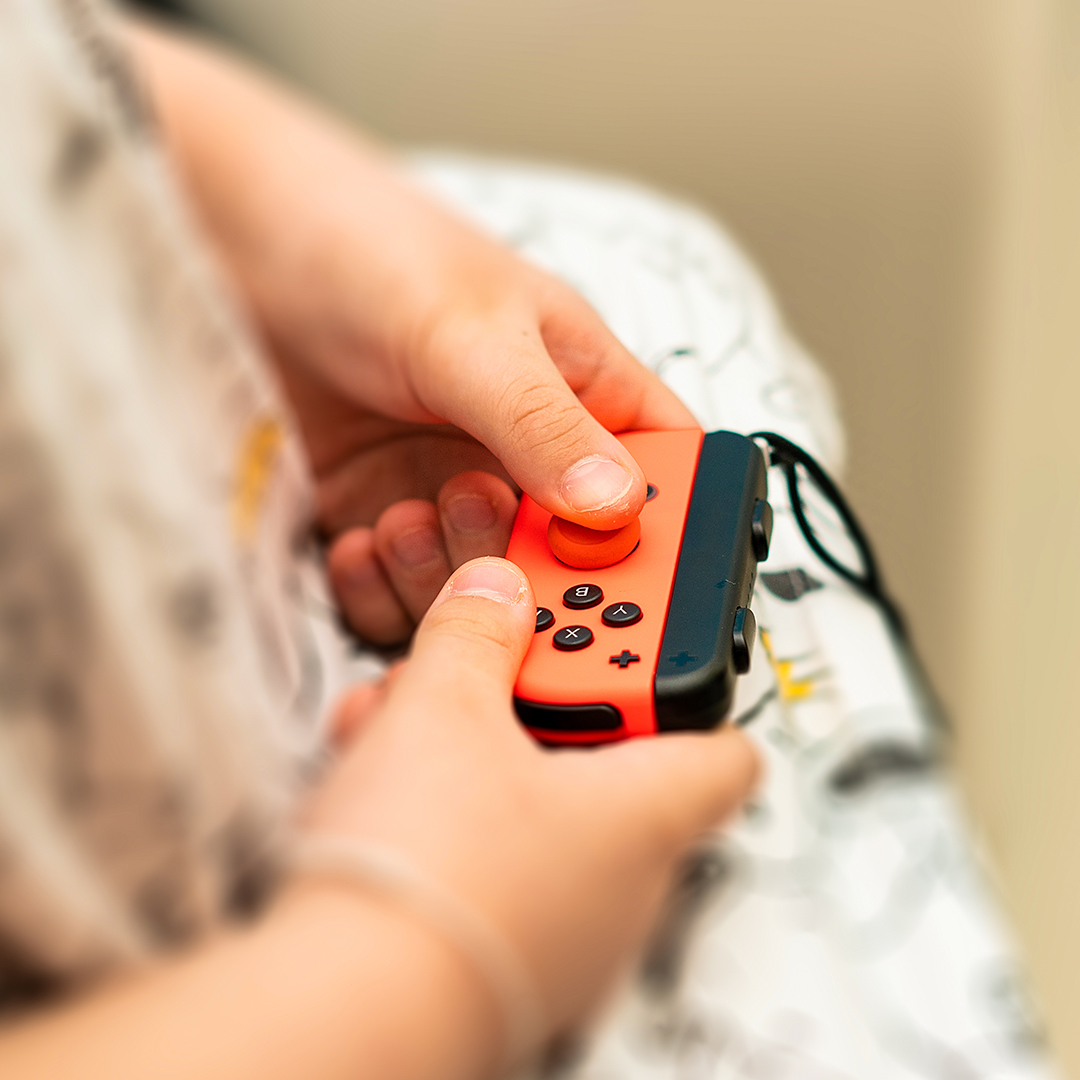Kids these days are exposed to numerous screens at an extremely young age, whether it’s their parents’ or their own devices. While this may seem innocent enough, too much exposure to screens can have negative effects on the kids who use them, including the distraction of gaming and TV addiction. This can affect the children’s behavior and social skills, as well as their ability to pay attention in school and communicate with others in person.
Read on to learn more about how this addiction affects kids today, and how you can help your own child avoid it in the future.
How Technology is Affecting our Kid’s Development
It’s no secret that technology has taken over our lives. We are constantly attached to our phones, laptops, and tablets. And while there’s nothing wrong with using technology, there is a problem when it starts to consume our lives. The same can be said for our kids.
Today’s children have never known life without the internet, games consoles or even social media. With these things available at their fingertips at any time of day, they often find themselves playing video games or watching television long into the night.
As a result, some parents are starting to notice changes in their child’s behavior.
They may seem more aggressive or withdrawn; they might not want to play outside anymore; they might start having trouble concentrating on homework or schoolwork; and so on.
What many people don’t know is that gaming addiction and tv addiction can actually hamper a child’s development in an extreme way.
Research states playing action-packed computer games every day for six hours straight and found that this had a significant impact on cognitive skills such as memory, attention span, decision making, language comprehension and spatial navigation – skills which are important for education attainment.
Other studies show how gaming addiction can lead to mood disorders such as depression, anxiety and ADHD; increased aggression or violence; isolation from friends/family/community; lowered self-esteem/self-worth.
Studies have also shown how too much screen time can slow down your child’s growth by limiting the amount of sleep they get, reducing physical activity and leading to weight gain.
If you’re noticing changes in your child’s behavior, it could be worth cutting back on the amount of screen time they’re getting each day.
We recommend limiting screen use to two hours per day but most importantly consider what activities you’d like them focusing on instead – outdoor playtime? Learning new hobbies? Whatever you choose, set clear boundaries and try to keep them active!

Questions to understand if an addiction exists
Digital media use by children is not necessarily harmful, but parents should ask themselves:
– Is my child’s health physically sound and is he or she sleeping enough?
– Is my child making social connections (with family and friends)?
– Does my child enjoy and succeed in school?
– Is my child passionate about something like a hobby (and pursuing it)?
– Are my child’s digital media experiences fun and educational?
When most answers are yes, then parents must clearly understand their own underlying fear when they see them playing games or watching TV. If the answer is no, then there must be some boundaries set, and even some restrictions set if it is necessary.
5 Tips to Reduce Screen Time
- Designate screen-free times and stick to them. Whether it’s no screens during dinner or no screens an hour before bedtime, setting limits will help reduce your child’s overall screen time.
- Create fun alternatives to screen time. Instead of watching TV, your child could read a book, play outside, or engage in a creative activity like painting or building with blocks.
- Be a good role model. If you don’t want your kids playing video games for hours on end, then try not to spend hours on end glued to the TV yourself.
- Give rewards for sticking to the plan. When your child reaches his designated limit without asking for more (or worse, trying to sneak around it), make sure he knows how proud you are! That way, he’ll have the motivation to go easy on the screens next time.
- Consider professional help. Even if you follow all these tips, your child may still exhibit signs of video game addiction. If so, it’s important to talk to a professional for advice on next steps. By making small changes, you can make sure screen time doesn’t consume your kid’s life – or yours!
Other references
https://www.internetmatters.org/hub/question/gaming-addiction-can-prevent-children-developing/

